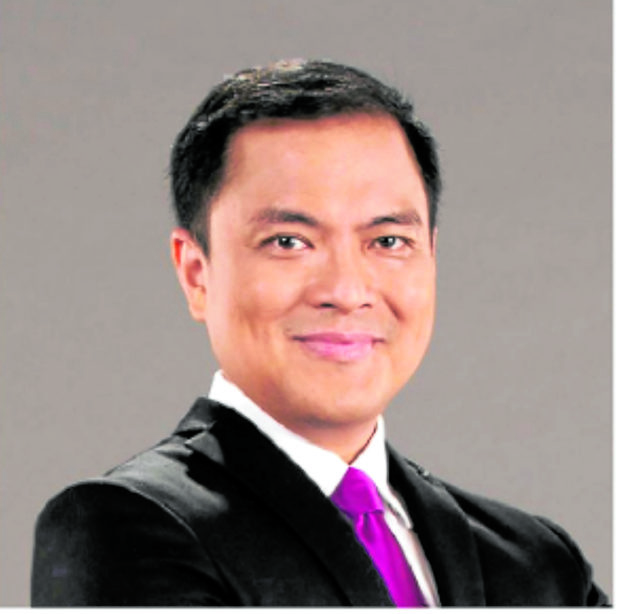SSS eyes global investment opportunities

Rizaldy Capulong —CONTRIBUTED PHOTO
Despite volatile markets, the Social Security System (SSS) plans to grow its resources by investing more locally and embarking on its maiden global investment foray this year.
In an email to Inquirer, executive vice president for investments Rizaldy Capulong said the SSS was also considering to pool resources with other state-run pension funds such as the Government Service Insurance System and the Philippine Health Insurance Corp. to invest public funds.
“Amid the ongoing Ukraine-Russia war, the SSS maintains its market positioning in the local market, albeit watchful and cautious on the negative effects of oil price hikes and supply disruptions on listed companies’ bottom-line profits. Amid the geopolitical crisis and the imminent policy rate hikes, we constantly look for opportunities,” Capulong said.
The SSS is procuring nine local fund managers to manage a total of P11.5 billion in investments. Five fund managers will be hired to manage P1.5 billion each in balanced funds; two will manage P1 billion each in pure equity funds; and another two will manage P1 billion each in pure fixed-income funds.
Offshore debut
Notwithstanding global market volatility due to the Ukrainian-Russian conflict, Capulong said “preparatory activities are currently being undertaken to pursue any of the three channels allowed under the SSS charter” for its first-ever foreign investment.
“Based on end-2021 figures and in peso terms, the SSS may initially invest about P6 billion in foreign currency-denominated investments in 2022, growing by about P6 billion per year or at least P90 billion by the end of 2036,” Capulong disclosed.
Capulong said the SSS could hire external fund managers to: manage asset or multiasset-portfolios; invest in foreign mutual funds existing for at least three years; as well as invest directly in foreign currency-denominated debts, prime and nonspeculative equities and other Bangko Sentral ng Pilipinas-approved financial instruments.
Under Republic Act (RA) No. 11199 or the Social Security Act of 2018, the SSS can invest up to 15 percent of its investment reserve fund. Prior to RA 11199, which amended the SSS’s charter in 2019, the foreign investment cap was at only 7.5 percent of the fund.
“The SSS is allowed to invest 1 percent of the investment reserve fund in foreign investments in the first year, which shall be increased by 1 percent for each succeeding year, up to a maximum of 15 percent of the fund,” Capulong noted.
Extending actuarial life
“The SSS shall maximize the profitability of its investible funds, with due consideration to the requirements of liquidity and safety in order to ensure the actuarial solvency of the SSS funds,” he said.
The SSS is also looking to dispose idle real property assets. “The SSS is in the process of conducting the highest and best use evaluation of major prime investment properties, which will be followed by bidding out of either long-term leases or joint ventures for property development. The SSS will also be publishing remaining ROPA properties for sale,” Capulong said, referring to real and other properties acquired by the pension fund.
Prioritizing members
While the SSS wanted to ramp up its investments to grow the fund, Capulong said that “our members and pensioners will always be the top priority.”
Capulong said a total of P102.52 billion in loans had been disbursed to 4.95 million members and pensioners to date amid the prolonged COVID-19 pandemic. He said this was the key investment direction at this time.
“As we recover and transition to a post-COVID-19 pandemic phase, lending to members and pensioners continues to take precedence over investments in capital market securities,” Capulong said.
“The SSS assures its members and pensioners that it will always fulfill its primary mandate of providing social security protection to its members and their families not only in terms of pension, unemployment and sickness benefits but also financial support through member- and pensioner-loans,” Capulong said.